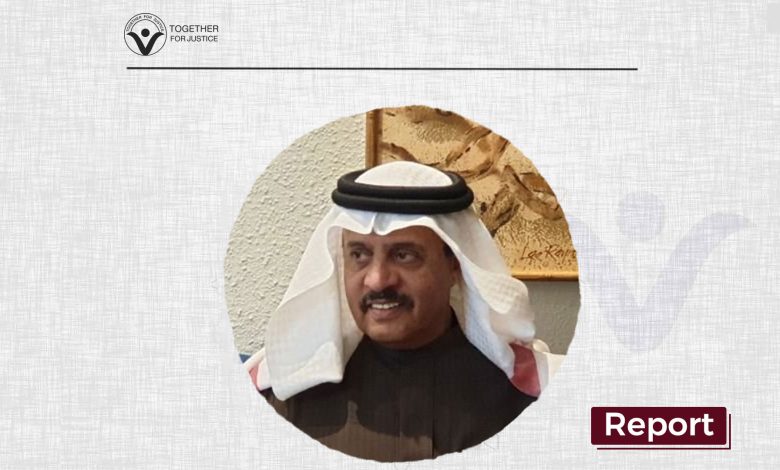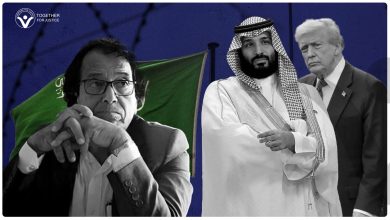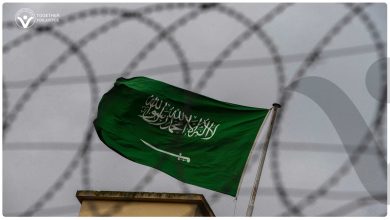Five Years of Arbitrary Detention: The Case of Musaed Abdulrabbu Al-Dousari Al-Zahrani

As Saudi Arabia continues to promote its image as a modernizing state under the Vision 2030 framework—emphasizing economic diversification, cultural openness, and social transformation—the reality behind prison walls tells a very different story. Among the clearest examples of this gap between official narrative and lived reality is the case of Musaed Abdulrabbu Al-Dousari Al-Zahrani, who is now entering his fifth year of arbitrary detention without trial, without charges, and without access to any form of judicial review. His “offense” was sending a written advisory message to the Royal Court.
The arrest began in July 2020 when Al-Zahrani submitted a formal letter to the Royal Court criticizing what he described as “moral violations” promoted through the activities of the General Entertainment Authority. His concerns reflected a widely discussed public debate at the time about practices seen as conflicting with Saudi social norms. He did not call for protests, did not incite violence, and did not engage in political organizing. He used an official and peaceful channel to share his views with state leadership.
Instead of being treated as a citizen exercising a right to express concern, Al-Zahrani was arrested immediately and held incommunicado. No charges were brought against him. No hearing was scheduled. No explanation was offered. For five years, his detention has continued in complete legal darkness, with no indication that the authorities intend to present his case before a court.
This form of detention is not merely a violation—it constitutes arbitrary deprivation of liberty, clearly prohibited under the Universal Declaration of Human Rights and the International Covenant on Civil and Political Rights, both of which Saudi Arabia has committed to respect. Arbitrary detention negates the foundations of due process and leaves individuals at the mercy of unchecked executive power.
The case of Al-Zahrani is not an isolated event. It embodies a broader trend that has intensified over the past decade in Saudi Arabia, where criticism—even soft or private criticism—has increasingly been framed as a threat to state stability. Citizens have been detained for tweets, private messages, WhatsApp conversations, or remarks expressed in closed circles. The boundaries of permissible expression continue to shrink, while the cost of violating those boundaries grows sharply. Some detainees have received years-long sentences; others face secretive trials; and in extreme cases, peaceful expression has been met with death sentences.
The Saudi government’s ongoing campaign to present itself internationally as modern, open, and reform-oriented does not withstand scrutiny in light of cases like this. A state that imprisons its citizens for writing a private letter cannot claim to be engaging in genuine reform. True modernization requires transparent institutions, functioning courts, and respect for the rule of law—not only infrastructure projects and entertainment events.
As Al-Zahrani enters his fifth year behind bars, the question becomes unavoidable: How can a country speak of progress while holding citizens indefinitely for peaceful expression? This contradiction undermines both the credibility of Vision 2030 and the narrative of national transformation that the Saudi leadership seeks to promote.
The international community has a responsibility to address cases such as that of Musaed Al-Zahrani. Human rights organizations, UN mechanisms, and concerned governments must insist on transparency, accountability, and the immediate end of arbitrary detention practices. Al-Zahrani’s case is a stark reminder that the suppression of expression in Saudi Arabia is systematic, not exceptional, and that silence only enables further abuses.
The prolonged detention of Musaed Al-Zahrani must end. His imprisonment is illegal, unjustifiable, and incompatible with any claim of reform. Continued inaction allows an innocent man to remain in detention simply for offering advice to his government—an act that should never be criminalized.




